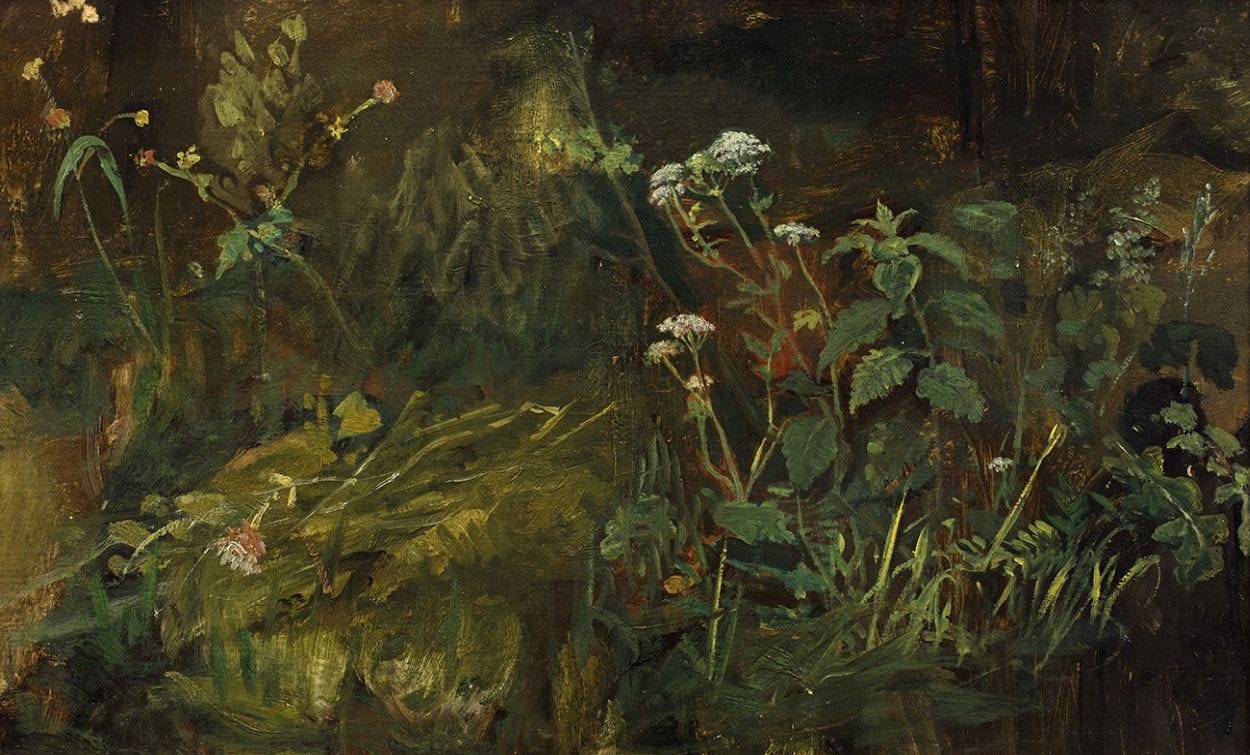At dawn, the day after the long walk with Vie, Carl stood at the kitchen counter, putting back a large mug of coffee and a scone. There, in the kitchen, he stripped off his night clothes and left them pooled on the floor. Naked, he grabbed his jeans, a canvas work shirt, and his down vest from the adjacent mud room and dressed for …
Keep reading with a 7-day free trial
Subscribe to Fictionalized to keep reading this post and get 7 days of free access to the full post archives.





